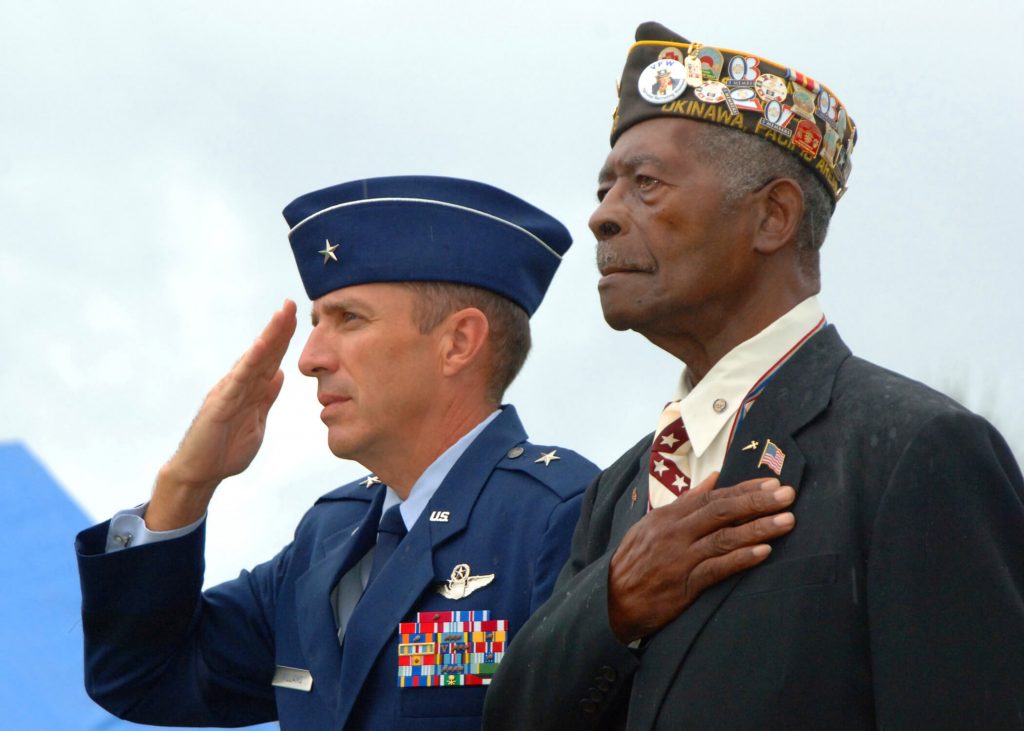Benefits
VA provides a wide range of benefits. Below is a brief listing of those benefits:
- Burial Benefits
- Life Insurance
- Vocational Rehabilitation & Employment
- Home Loan Guaranty
- Education and Training
- Dependents’ and Survivors’ Benefits
- Disability and Indemnity Compensation (DIC)
- Death Pension
- VA Civilian Health and Medical Program (CHAMPVA)
- Medical Treatment
- Hospital, outpatient, medical, dental, pharmacy, and more…
- Disability Benefits
- Compensation
- Pension
If you would like additional information on these benefits, visit the VA’s webpage here.

Eligibility
You may be eligible for VA benefits if you are a:
- Veteran, Veteran’s Dependent
- Surviving spouse, child or parent of a deceased veteran
- Uniformed service member
- Present or former reservist or National Guard member
Eligibility for most VA benefits is based upon discharge from active military service under other than dishonorable conditions. Active service means full-time service, other than active duty for training, as a member of the Army, Navy, Air Force, Marine Corps, Coast Guard, or as a commissioned officer of the Public Health Service, Environmental Science Services Administration or National Oceanic and Atmospheric Administration, or its predecessor, the Coast and Geodetic Survey. Generally, men and woman veterans with similar service may be entitled to the same VA Benefits.
General Eligibility (from Federal Benefits for Veterans Dependents & Survivors 2010)

Documents
Important Documents Needed to Expedite VA Benefits Delivery
In order to expedite benefits delivery, veterans seeking a VA benefit for the first time must submit a copy of their service discharge form (DD-214, DD-215, or World War II veterans, a WD form), which documents service dates and type of discharge, or give their full name, military service number, and branch and dates of service. The Department recommends that you keep the discharge papers in a safe location that are accessible to the veteran or spouse, next of kin, or designated representative.
We will ask you to bring these documents to the meeting:
- Marriage certificate for claims of surviving spouse or children.
- Certified death certificate.
- Children’s birth certificates or adoption papers to determine benefits.
- Deceased’s birth certificate to determine benefits for parents.
